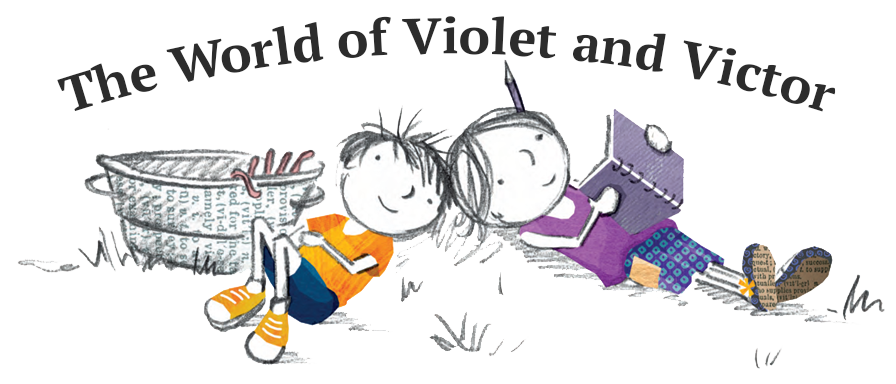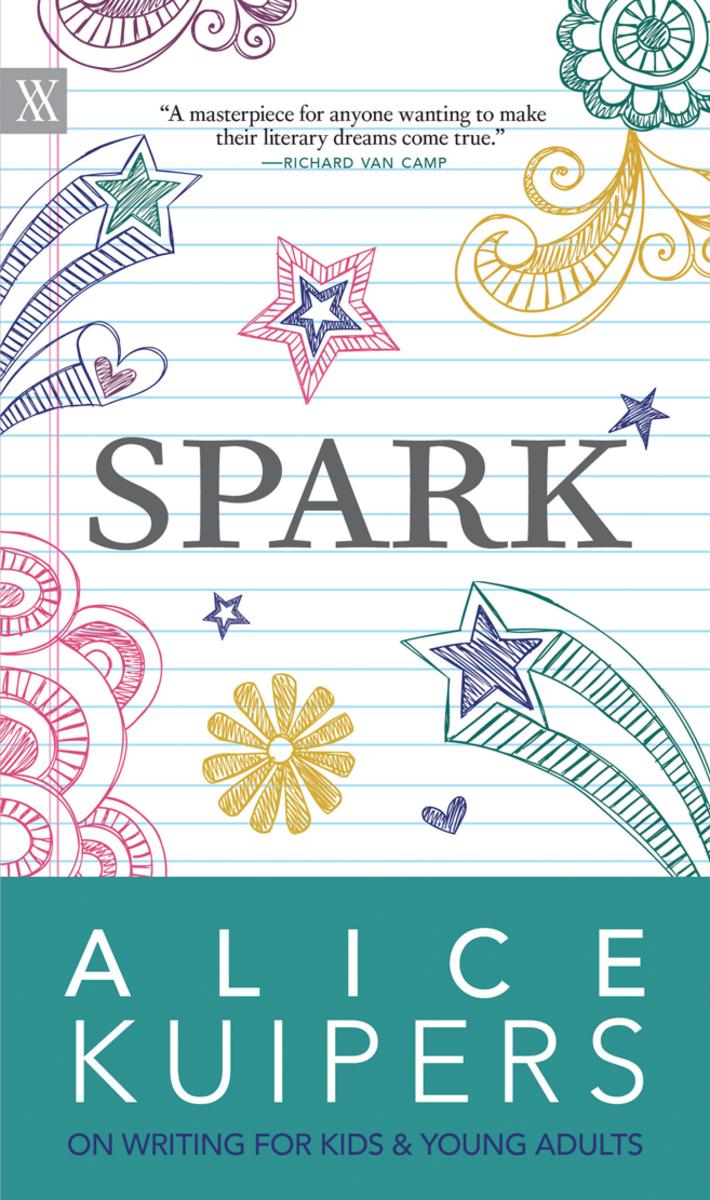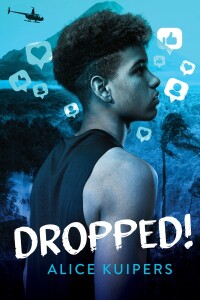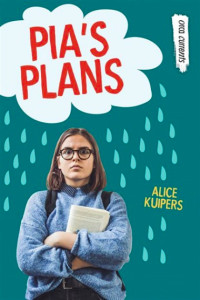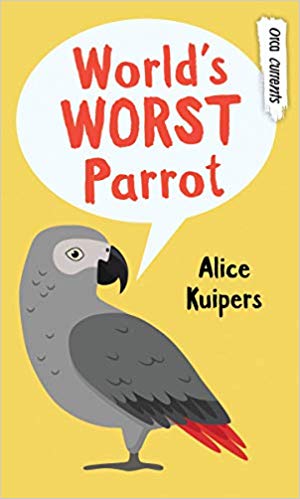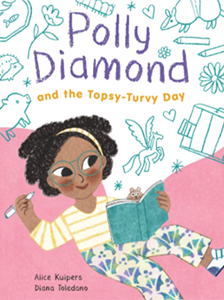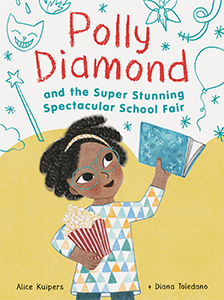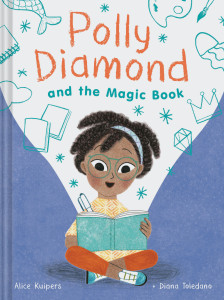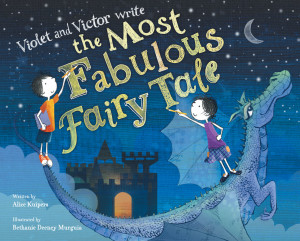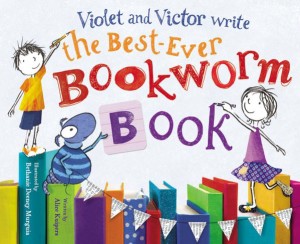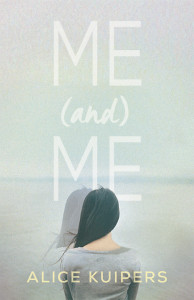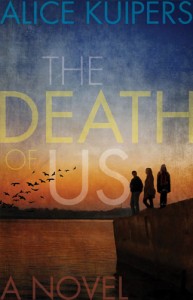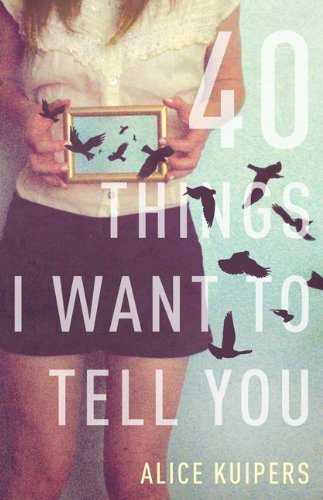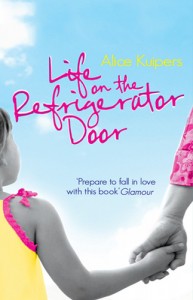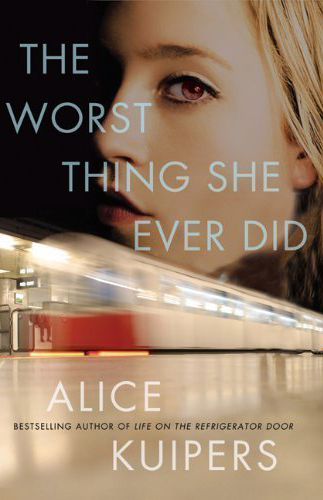The last next five workshops are for all sorts of writers, not just fiction writers. For those of you who (think you!) write only fiction, I want you to try some of these other ways of writing to challenge yourself and inform your fiction writing. For the poets, these five workshops will give you a chance to practice forms you may not know as intimately. For non-fiction writers, these workshops are intended to push you outside the box so you go forward in your non-fiction with new eyes.
The idea behind these exercises is that by trying new things as a writer, you help yourself look at what you’ve already been doing in new ways. By doing this, you breathe life into something that isn’t working, you fire up your creativity, and you have fun with words.
Having fun with your writing is the best way to reconnect with it. And maybe along the way you’ll discover you’re a far more diverse writer than you knew.
The first thing I want you to try is called a FOUND POEM. Here’s a definition from poets.org:
Found poems take existing texts and refashion them, reorder them, and present them as poems. The literary equivalent of a collage, found poetry is often made from newspaper articles, street signs, graffiti, speeches, letters, or even other poems.
A pure found poem consists exclusively of outside texts: the words of the poem remain as they were found, with few additions or omissions. Decisions of form, such as where to break a line, are left to the poet.
That means, basically, that you take a text, or multiple texts, and reword the original into a poem by adding line breaks. Here are some more instructions if it needs to be clearer: http://www.creative-writing-now.com/found-poetry.html
Traditionally, you use any text that is not your own. But some of you Wattpadders might like to mix it up and use one of your already written scenes to turn into a poem.
The best thing about found poetry is that it reminds you words are everywhere, ideas are in the most unlikely places and inspiration can come from something as simple as a line break.
Here’s a short found poem I tried using my bulletin board at home:
To replace this screw, drop
in for an inspection
at the youth resource centre
gift certificate upon receipt
there is nothing so lonely
just fix it entirely
let’s go.
Even if this feels like something that you’ll never do again, try it this week and see what ends up on the page. Share your work on the Weekly Workshop Series Discussion Thread!
This week’s writing prompt:
This week I want you to write a found poem using either a text that you find (as in a traditional found poem) or using one of your pieces of fiction/non-fiction/poems reshaped.
If you’re stuck and want a text to use, please use this text from my local art gallery’s newest exhibit. Use as much or as little as you like:
Petroleum, in its extraction, distribution, utility, economics, and social, political, and environmental impacts, defines our contemporary world. Yet, in the developed countries that consume it most, it remains a strangely invisible substance, evident primarily at the clean and bright gas stations dotting our city streets and highways. In his fascinating account of international petroleum industry operations, Crude World, journalist Peter Maass argues that in North America oil is invisible most of the time, but “like gravity, it influences everything we do.”
Beneath a Petroliferous Moon is a survey of artistic responses to the petroleum industry by 11 artists living and working around the world. The exhibition brings visibility to an array of aspects of this most important commodity, which in Canada is typically “extracted, refined, shipped, and poured into your gas tank with few people seeing it.” (Maass) While some artists focus on petroleum’s environmental impacts, others choose to respond to its social significance, its modern history, or the awe-inspiring visuals of the industry’s infrastructure and detritus. The title of the exhibition is taken from a 1940 poem by Pablo Neruda, “Standard Oil Co.,” which describes effects of the oil industry in Central America.

